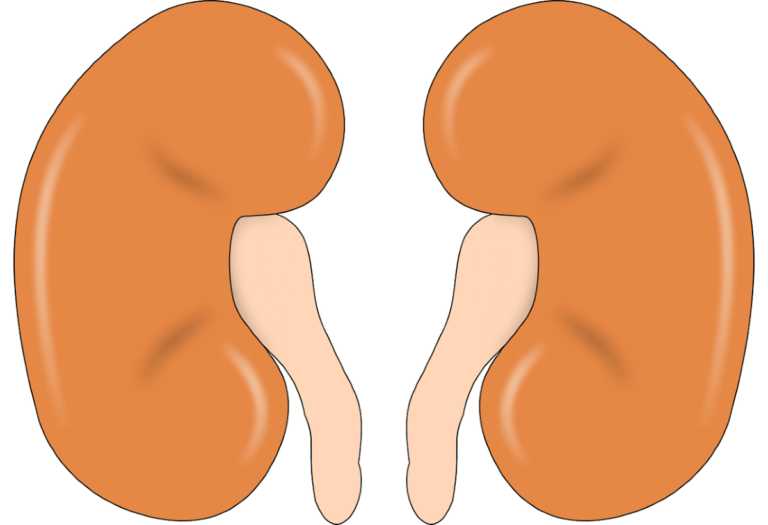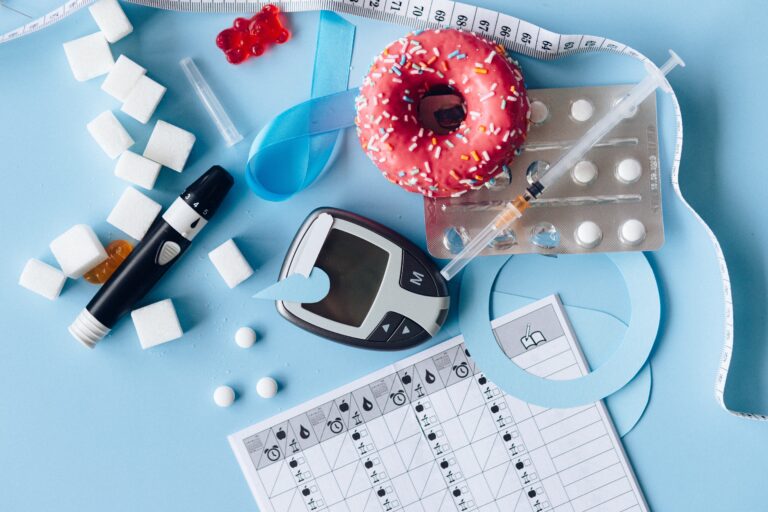Defining Diabetes
Diabetes mellitus is a common disorder that occurs when your pancreas either totally stops producing insulin or does not produce enough of the hormone for your body’s needs. This results in a low absorption of glucose, both by the cells, which need it for energy, and by the liver, which stores it. Another result is a high level of glucose in your blood.
Diabetes and Sugar
Eating too much sugar is not the cause of diabetes. This misconception arises because diabetes is characterized by high levels of blood sugar (glucose). Excessive sugar consumption is indeed very dangerous for diabetics, who must curtail their sugar intake. But sugar doesn’t cause this disorder.

Two main forms of diabetes mellitus:
Insulin-dependent diabetes – Type I
- Mainly in young people
- Pancreas produces very little or no insulin
- Body is unable to use glucose because of the lack of insulin
- Body is forced to obtain energy from fat which can cause diabetic coma
Non Insulin-dependent diabetes – Type II
- Usually affects people over 40
- Output of insulin is inadequate for your body’s needs
- Most common in people who are overweight
- Hereditary
|
|
||
| While daily blood glucose testing tells you what your blood sugar level is at the time you test, HbA1c testing tells you your “average” blood sugar level over the past 2-3 months. These tests are very important in protecting your long-term health. Maintaining good HbA1c levels will help reduce your risk of diabetes complications such as blindness, kidney disease, nerve damage, stroke, and heart failure. | |||











It’s nearly impossible to know if you have type 2 diabetes. I would suggest going to your doctor at least once a year to get a full check up. Early detection could save you from a life of insulin injections.
There are times that I just need to eat a candy bar right away or I will start losing my mind. I had one day that I just wandered off and did not know where I was.
I just got my Covid Vaccination for travel and it should be good for several months before I will need additional boosters. I really don’t want to have Covid and Diabetes.